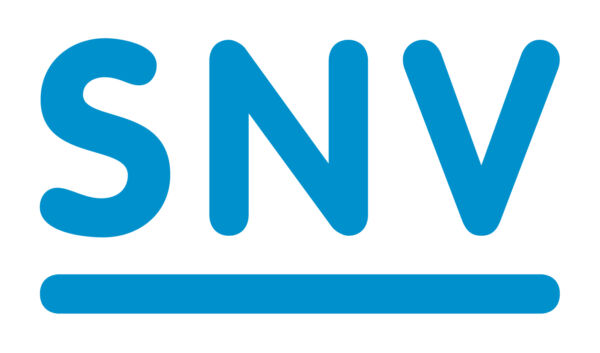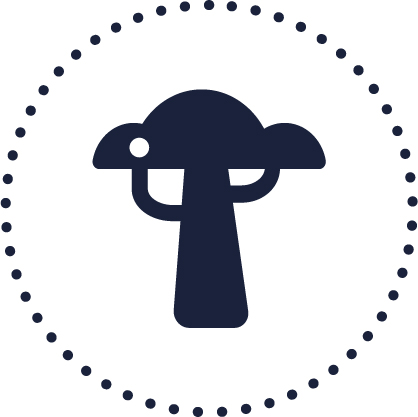Coffee Agroforestry and Forest Enhancement for REDD+ (CAFÉ-REDD)
SNV, active in Vietnam since 1995, collaborates on projects like CAFÉ-REDD, funded by the German Ministry with a EUR 2.8 million budget. This initiative targets deforestation in the Lang Biang landscape until 2024, involving agri-food, energy, and water sectors.

Overview of the project
The Lam Dong Provincial REDD+ Action Plan (PRAP) acknowledges that the principal driver of deforestation is the conversion of forests to agriculture (>70% of GHG deforestation-related emissions). This is a mixture of direct conversion of forests for commodity crops such as coffee, tea, rubber and cashews, as well as conversion of subsistence agricultural lands to these commodity crops causing displacement of poor households (often ethnic minorities) relying on shifting cultivation towards the forest margins. By 2020 Lam Dong aims to implement agroforestry or plantation development over 11,450 ha of forest land currently used for perennial agriculture.
CAFE-REDD will support this target, reducing deforestation by supporting the development of improved institutional capacity, improving mechanisms for public-private coordination around shared interests and visions for sustainable climate smart landscapes. The project will employ an effective model which has been applied in the aquaculture sector in the Mekong Delta, but which is new for this province and these commodities.
The project has the following specific result areas:
- Developing a multi-stakeholder public-private partnership for forest landscape conservation and restoration and strengthened institutional capacity for climate smart landscape governance;
- Engaging the private sector in monitoring and traceability systems to promote deforestation-free coffee supply chains, and;
- Working with local ethnic minority communities and smallholder farmers to promote sustainable coffee production, including reduced coffee expansion and the promotion of coffee-agroforestry models and the development of alternative livelihood opportunities for young people.
The Coffee Agroforestry and Forest Enhancement for REDD+ (CAFÉ-REDD) will reduce deforestation and forest degradation by addressing the conversion of forest to agriculture in a priority conservation landscape – The Lang Biang landscape (comprising Bi Doup Nui Ba National Park and Buffer Zone).
implementation
11/01/2018-10/31/2024 project still in progress
- Credit Scoring Results
- 375 surveyed smallholders were scored based on 19 criteria across 3 different categories. All surveyed farmers received scores ranging from a minimum of 38% (19/50 points) to a maximum of 78% (39/50 points) of the total points available.
- Among the 19 criteria, the majority of households faced point deductions in 2 specific areas: average annual coffee income and coffee farm yield. In contrast, most farmers achieved high scores in categories related to marital status, residential status, and average annual income.
Ability to apply the credit scoring card toolkit: Both banks highly appreciate the CSC toolkit, and they have plans to use it for customer screening before selecting and processing the bank’s lending approval process. Specifically, with regard to the criteria groups, both banks consider the score in Group B to be innovative and practically significant for specific chains and livelihoods. As for LPB, they have a plan to integrate a part of the CSC into their assessment and appraisal tools. LPB also mentioned that they will use the CSC for analyzing customers and subsequently applying it to unsecured lending.
The German Ministry for the Environment, Nature Conservation, Nuclear Safety, and Consumer Protection (BMUV)
organisation
SNV has been working in Vietnam since 1995 in partnership with government agencies, the private sector, and local authorities across the agri-food, energy, and water sectors. We’re particularly proud of the work we’ve done to support the country’s most remote and deprived areas. The Coffee Agroforestry and Forest Enhancement for REDD+ (CAFÉ-REDD) will reduce deforestation and forest degradation by addressing the conversion of forest to agriculture in a priority conservation landscape – The Lang Biang landscape (comprising Bi Doup Nui Ba National Park and Buffer Zone). CAFÉ-REDD is funded by the German Ministry for the Environment, Nature Conservation, Nuclear Safety, and Consumer Protection (BMUV) and will run from 2018 to 2024, with the total funding budget of EUR 2.8 million.



